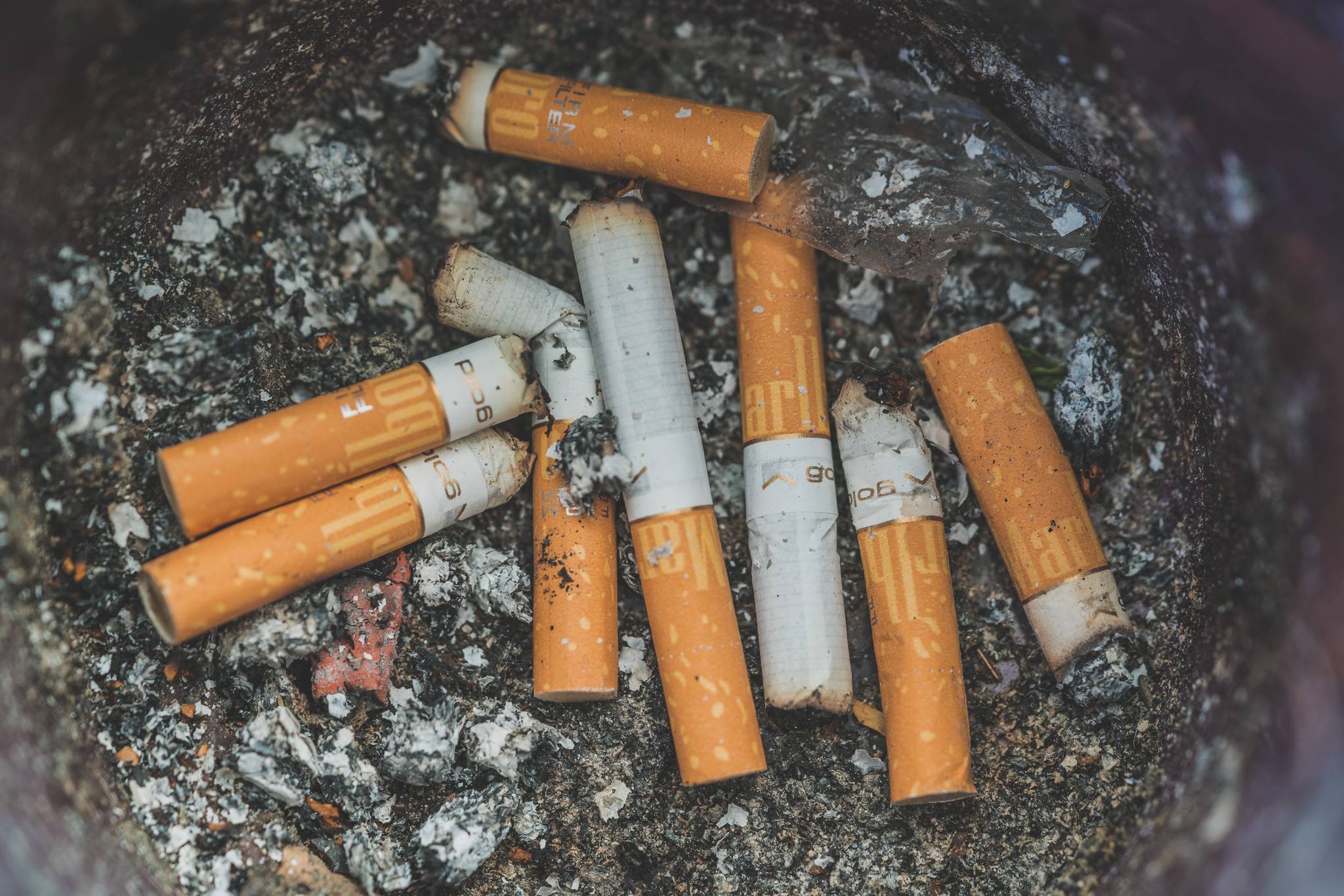May 31 is World No Tobacco Day. As the adage goes, think globally, act locally.
According to the Centers for Disease Control, 40 percent of children ages 3-11 — two times the rate of adults — are exposed to second-hand smoke. Three hundred thousand U.S. children are hospitalized every year with respiratory infections from breathing second-hand smoke, and 15,000 of those children will be under 2 years old. Four hundred infants die suddenly every year with evidence of nicotine by-products in their bodies.
Children are more heavily exposed to second-hand smoke because they often spend more hours at home than adults. They breathe twice as much, and inhale more air per pound than adults. They breathe air closer to the ground where contaminants linger and they touch more surfaces where third-hand smoke residue persists.
If you are parent in Juneau, you might not smoke, but if you don’t have enough money to buy a single-family home, you won’t be able to protect your children from second-hand smoke.
Condominiums and apartments share an estimated 60 percent of the air between the units. Air leaks through air vents, pipe runs, electrical outlets and comes in from the outside. Second-hand smoke is harming you even if you are a senior who can’t smell it, or a child who can’t tell someone; even if it doesn’t bother you.
Of the remaining smokers, 72 percent of them are lower income. Alaska Housing Finance Corporation and Tlingit and Haida Regional Housing Authority acknowledged this and adopted smoke-free housing policies in 2013 to protect children and families. But if you live in, or buy, privately owned condominiums or apartments, you might not have a policy to protect your family.
Third-hand smoke is the residue left behind on surfaces after a person has smoked. That residue continues to react with the environment and becomes more toxic with time. Research has found that homes of former smokers remained polluted with third-hand smoke for months after the smoking had stopped. Nicotine was also measured in nonsmokers who moved into homes that had been smoked in, even though the homes had been cleaned and left empty for several months before the new residents arrived.
People almost always say that they smoke because of stress, and people in poverty are stressed. But research shows that smoking, which is an addiction, causes stress and poverty. People with the least resources, including children, are bearing the most burden from continued tobacco use.
Low-income communities have historically been targeted with predatory tobacco industry practices. Low-income neighborhoods are home to more tobacco retailers, exposed to more tobacco advertising and the people living there are consequently more likely to start smoking and be discouraged from quitting. The closer you live to a tobacco retailer, the more likely you are to smoke. The tobacco industry also discounts its product in low-income neighborhoods which increases sales by 30 percent.
Over 50,000 studies have concluded that inhaling second-hand smoke is the largest preventable cause of death and disability in the United States. Even the briefest exposure to second-hand smoke has an immediate effect on vital organs, according to the CDC.
Most condo associations have rules against nuisances like loud music, pets and clutter; meanwhile protecting people from a proven present danger is being neglected in favor of the “rights” of property owners to smoke. Smokers are not a protected class; there is no “right” to smoke. There is however, “a responsibility to assure that their behavior doesn’t jeopardize the health of others” according to the U.S. surgeon general from 30 years ago. Condos and apartments are not hermetically sealed bubbles. The air is shared.
If your condo association or apartment complex does not have a policy prohibiting smoking inside or within 25 feet of the building, it is not a safe place for children or other humans or pets to live. If you are a smoker, please take it outside. If you would like help quitting, please call Alaska’s Tobacco Quitline at 1-800-Quit-Now. Calling the Quitline is more effective than trying to quit cold turkey. If you are interested in promoting a tobacco-free policy at your condo or apartment building please contact the Juneau Clean Air Coalition at edavis@searhc.org.
• Kristin Cox lives in Juneau. My Turns and Letters to the Editor represent the view of the author, not the view of the Juneau Empire.

